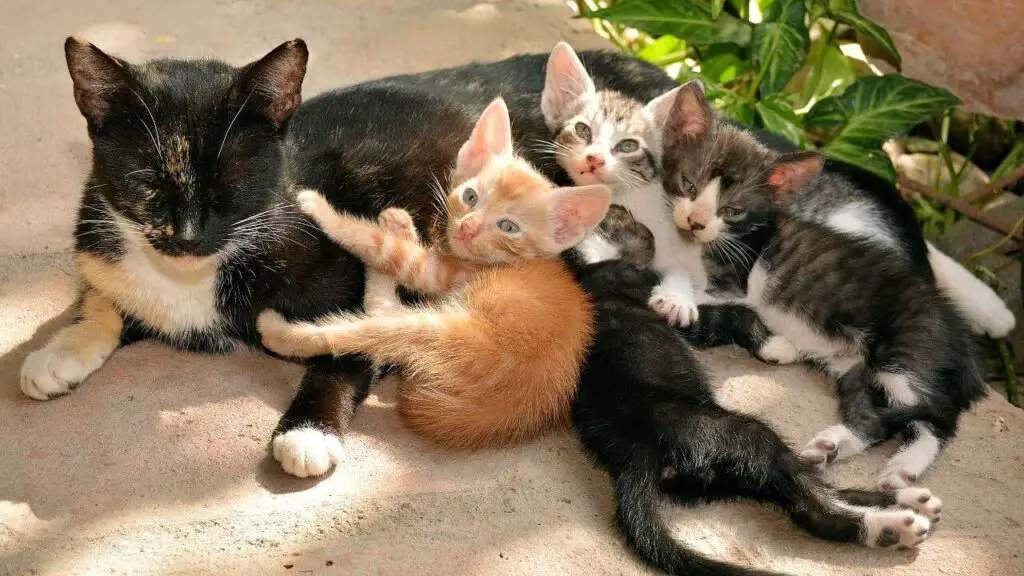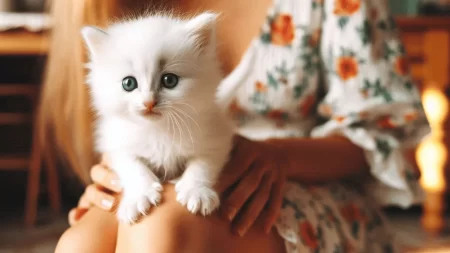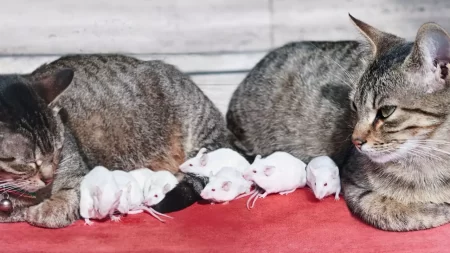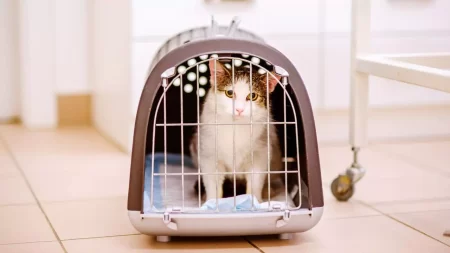No, Mother cats lose the memory of their kittens upon separation. They rely on scent and vocalization to recognize and communicate with their young during their time together.
However, once they are apart, typically after 10 to 12 weeks, mother cats forget their offspring.
This is due to cats relying on scent to identify one another, and as kittens grow and experience different environments, their scent changes.
Unlike humans, cats do not form strong familial attachments and generally prefer solitary living.
Are cats able to remember specific details about their kittens, such as their scent or appearance?
Cats remember specific details about their kittens, such as their scent or appearance, for a brief period.
Studies indicate that a cat’s memory is efficient, retaining useful information for approximately 16 hours.
However, this memory diminishes rapidly as the kittens mature and alter their scent and appearance.
Cats also lack strong visual recognition and rely more on smell and sound to recognize each other.
Consequently, cats are unlikely to remember their kittens for an extended duration after separation.
Do cats exhibit any emotional response when reunited with their grown-up kittens?
Cats might show emotional responses when reunited with their grown-up kittens, depending on various factors.
These factors include the duration of their separation, their prior familiarity with each other, and their interactions with other cats during the separation period.
Some sources propose that cats can identify their previous littermates by scent and react more positively to them compared to strangers.
However, this recognition may not endure if the cats have undergone changes in smell and appearance over time.
Other sources indicate that cats can reunite with their kittens after weeks apart and display signs of affection and happiness.
Nevertheless, not all cats may exhibit these behaviors, as some might have forgotten their kittens or developed increased independence and territoriality.
Hence, the emotional responses of cats towards their grown-up kittens can vary depending on the specific cat and circumstances.
Do cats show any signs of distress or sadness when their kittens are no longer with them?
Cats might reveal indications of upset or melancholy when separated from their kittens, particularly if the bond shared was profound.
Signs of feline sorrow often encompass excessive sleep, energy depletion, waning interest in cherished pursuits, alterations in grooming rituals, and appetite fluctuations.
Yet, these symptoms might hint at other issues like sickness, harm, or tension.
Consequently, it’s crucial to seek veterinary advice upon observing any behavioral or physical changes in your cat.
Over time, cats possess the capacity to bounce back from sorrow as their nature allows them to dwell in the present and adjust to fresh circumstances.
Are there any specific triggers that can evoke memories of their kittens in mother cats?
Scientific evidence regarding specific triggers that evoke memories of kittens in mother cats is limited.
Nonetheless, some sources suggest that cats can recall important elements like their owner, food bowl, or birthplace.
The scent and sound of their kittens serve as key identifiers for cats.
However, these memories might diminish as the kittens mature and undergo physical and olfactory changes.
Consequently, it is conceivable that mother cats may remember their kittens when exposed to reminders of their scent or sound, although such occurrences may be infrequent and brief.
Do cats exhibit any differences in memory retention when it comes to their own offspring compared to other cats’ kittens?
There is some evidence to suggest that cats exhibit differences in memory retention when it comes to their own offspring compared to other cats’ kittens.
One study found that adult cats can recognize their mother’s body odor after being separated for more than a year and that this recognition is stronger than their response to unfamiliar female cats.
This suggests that kittens form a long-lasting memory of their mother’s scent and that mothers retain a stable odor signature that can be distinguished by their adult offspring.
However, this study did not compare the memory of mother cats to their own kittens versus other kittens, so it is unclear if the same effect applies in reverse.
Another source suggests that kittens can remember their owner for about 8 weeks after birth and that they may also remember other kittens they played with during this period.
However, this source does not provide any scientific evidence to support this claim, and it is possible that these memories are short-term or working memories that fade over time.
Therefore, it is difficult to say with certainty if cats have a stronger memory of their own offspring than other cats’ kittens, and more research is needed to explore this question.







